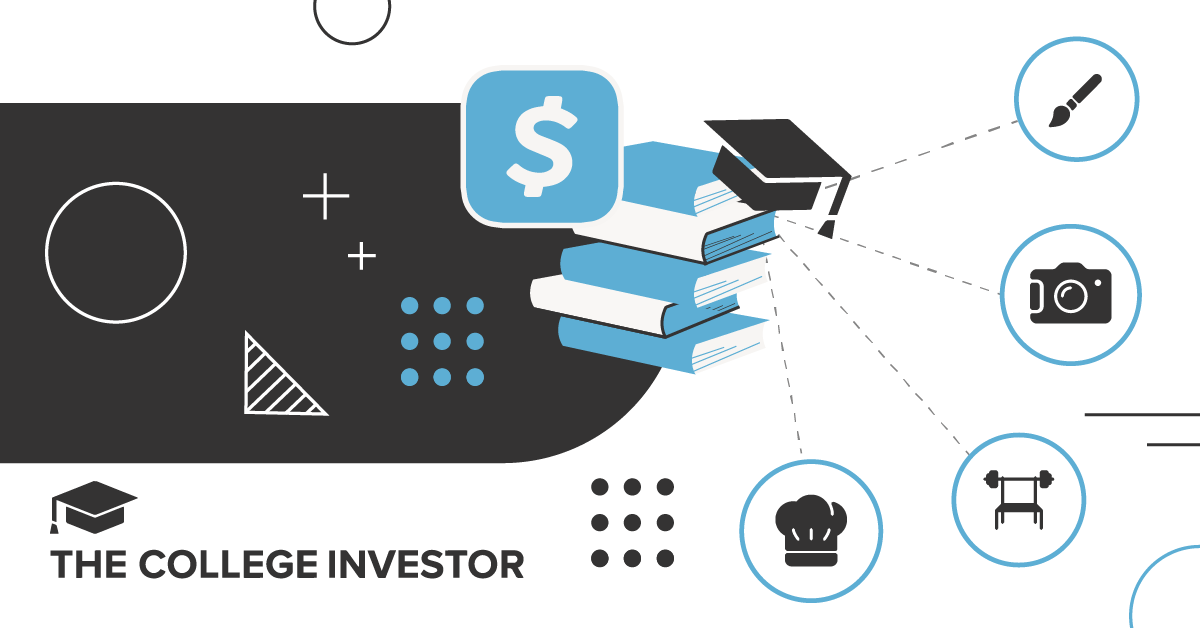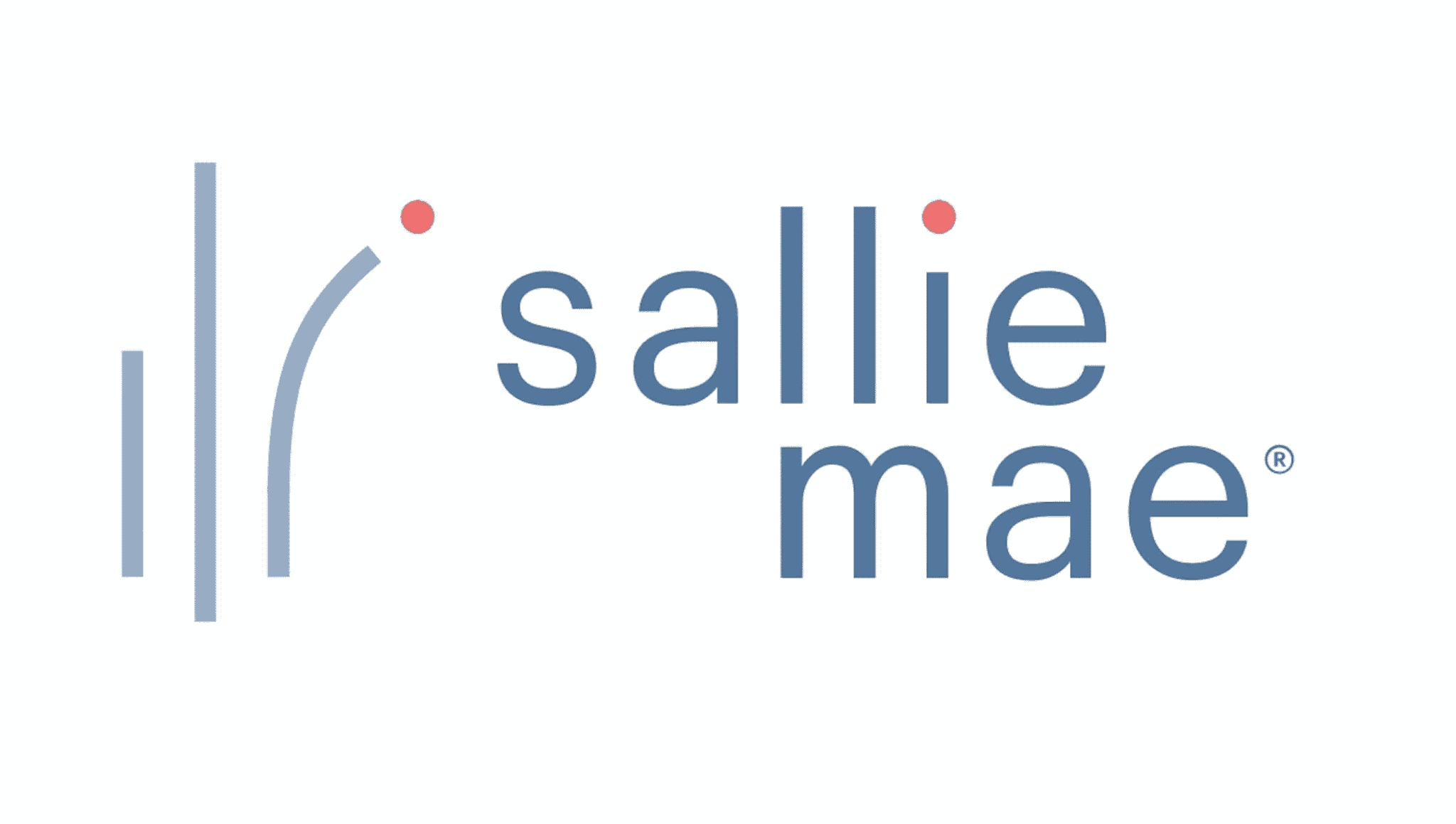
Source: The College Investor
Sadly, you typically cannot get a federal student loan to pay for trade school. However, there are options. We break down the best student loans for trade school and career training.
Let’s be honest: a traditional college degree isn’t the right path for everyone. In fact, opting for career training through a trade school of some kind is the better fit for many.
If you are pursuing a career in the trades, you might need to take on loans to cover the upfront costs.
But federal student loans aren’t always an option for those pursuing an education focused on culinary arts, cosmetology, or other trades. If you are considering a trade school, we explore how you can get your hands on the funds you need to cover your educational costs.
Federal Student Loans For Trade School?
Federal student loans are widely available for traditional colleges and universities. But in order for an institution to be eligible for federal student loans, it must be a Title IV-eligible school. Since many vocational schools and culinary schools aren’t Title IV eligible, federal student loans aren’t an option.
Check To See If Your School Is Eligible For Federal Student Loans
While most trade schools aren’t eligible for federal student loans, some are. Since federal student loans often offer the best interest rates and borrower protections for students, it’s worth checking to see if you are attending an eligible school.
You can do this by asking your school’s financial aid office. The staff will likely know whether or not federal student loans are an option.
Private Student Loans For Trade School And Career Training
If you can’t obtain a federal student loan to help cover the cost of your trade school, many private lenders offer student loans for trade schools. While every lender has its own requirements, many technical school students qualify for these private student loans.
One lender that offers loans specifically for career training is Sallie Mae, with loan amounts starting at $1,000.
But Sallie Mae likely isn’t the only private option. Take the time to explore multiple private student loan opportunities. Here are some factors to consider when shopping around.
- Interest rates: In order to minimize your borrowing costs, you’ll want to lock in the lowest possible interest rate. Shop around to find the best rate for your situation.
- Loan terms: A shorter repayment term will get you out of debt faster. But you’ll likely face a higher monthly payment. Try to strike a balance between an affordable monthly payment that won’t leave you in debt for too long.
- Borrower protections: Federal student loans offer better borrower protections than private student loans. But it’s still worth looking for a lender who offers payment flexibility and forbearance for tough times.
If you decide to go with a private student loan, shopping around will be critical to finding the best option. Here are a couple of options:
Sallie Mae Smart Option Student Loan® for Career Training
Sallie Mae is probably the most well-known student loan lender. They are the nation’s largest private student loan lender by loan volume. As a result, they also offer some of the most competitive private student loans available.
You can take out Sallie Mae student loans starting at just $1,000 (which is one of the lowest) and can borrow up to the total cost of education. The Sallie Mae career training loan offers 10 to 15 year repayment terms, along with deferred interest, fixed interest, and interest-only payments while you’re in school.
Read our full Sallie Mae review here.
Get a quote for Sallie Mae here >>

College Ave
College Ave offers trade school student loans for students attending career training at certain qualified schools.
College Ave offers a variety of repayment terms, which are more flexible than other private student loan lenders. You can get loans for 5, 10, 15, or 20 years. You must borrow at least $1,000, but you can borrow up to the cost of attendance.
College Ave also offers the ability for student to defer payments until after graduation or make interest-only payments while you’re in school.
Read our full College Ave review here.
Get a quote from College Ave here >>

Edly
Edly is a unique private student loan offering because they are one of the only lenders that focus on having an income-driven student loan.
Unlike a traditional student loan, this loan is repaid based on your income, subject to certain caps. If your income falls below a certain threshold (currently $30,000), your loan goes into deferment.
The drawback is that you can only borrow between $15,000 per year ($25,000 aggregate) and only at select schools for select programs. These programs include a lot of coding camps, nursing programs, and more.
Read our full Edly Student Loan review here.
Get a quote at Edly here >>
Other Ways To Pay For Trade School
With trade jobs being in such high demand today, there are other ways to pay for trade school beyond student loans.
Apprenticeships
Some trades will pay for trade school as part of a larger apprenticeship program. For example, most local IBEW (International Brotherhood of Electrical Workers) Unions offer paid apprenticeship programs where you learn how to become an electrician while getting paid. It’s win-win!
Scholarships And Grants
Scholarships and grants may be available to students pursuing your type of career training. That’s especially true if you are going into a field with a high demand for workers.
Take time to seek out scholarship opportunities. You can find national opportunities through a scholarship search website. Additionally, a local service organization or union might be offering local scholarships to dedicated students in certain career paths.
Since you don’t have to repay scholarships or grants, they can be very worthwhile. Make it a point to apply to as many scholarships as you can to maximize your chances for winning the funds you need for school.
Work While Attending School
Depending on your course load, you may or may not be able to work while you attend school. But if you can swing both, you could use some of your earnings to cover educational costs.
If possible, find an employer that is willing to help you pay for school. Some companies offer to cover educational costs. A few include Carhartt, Honeywell, Terminix, and Peloton.
Some career paths also have apprenticeship options. With an apprenticeship, you can get paid to work in your chosen field. You’ll get on-the-job training. In addition, most apprenticeships cover the necessary classroom instruction. Take a look at Apprenticeship USA to find potential opportunities in your field.
The Bottom Line
Paying for career training can help you improve your earning potential. But paying for the schooling upfront is an obstacle for many. While you can start by looking to see if your school is eligible for federal student loans, private student loans are also an option.
As you move through your education, look for ways to minimize the amount of loans you take out. If possible, find scholarships or work while going to school to cut back on your loans. Although this can be a busy time, the upfront work means you’ll be in a stronger financial position after graduation.



